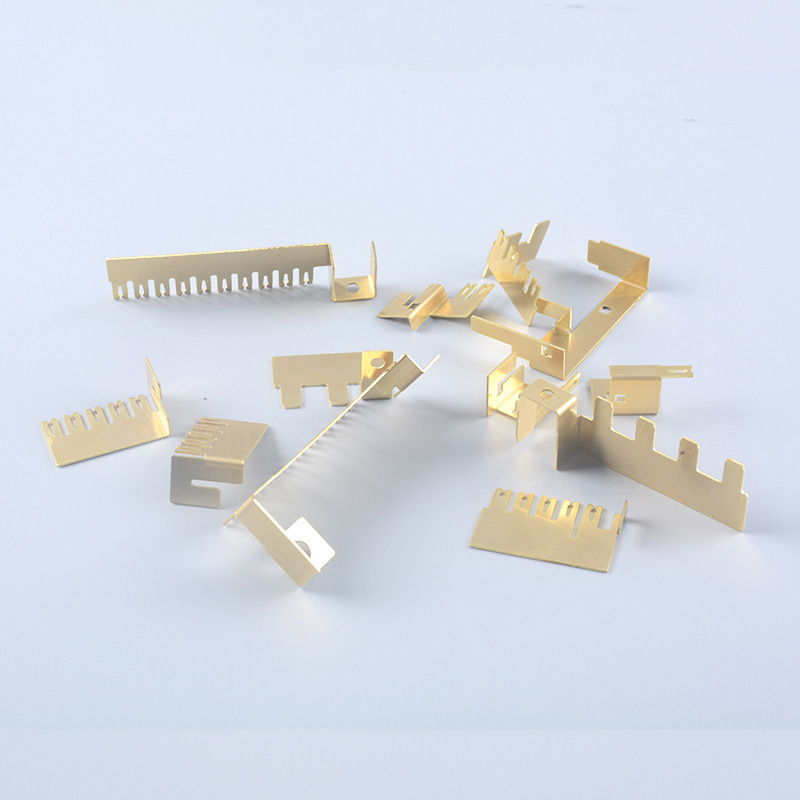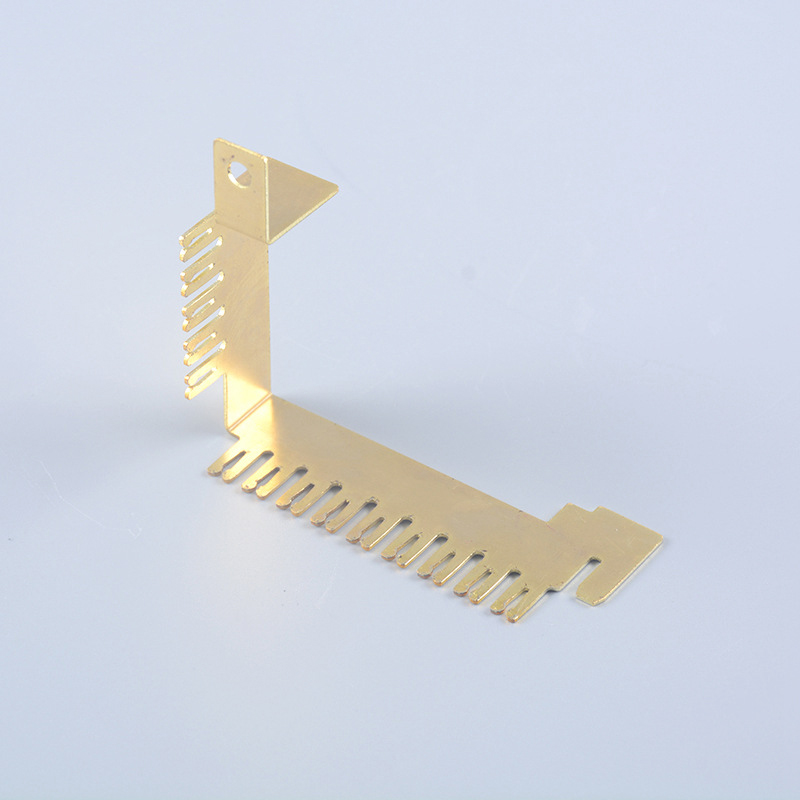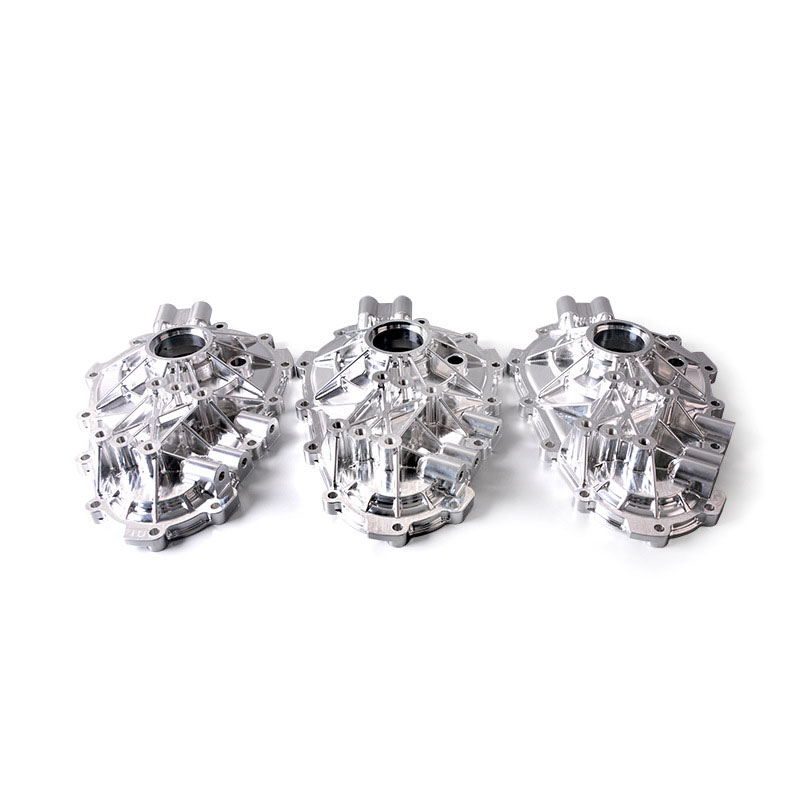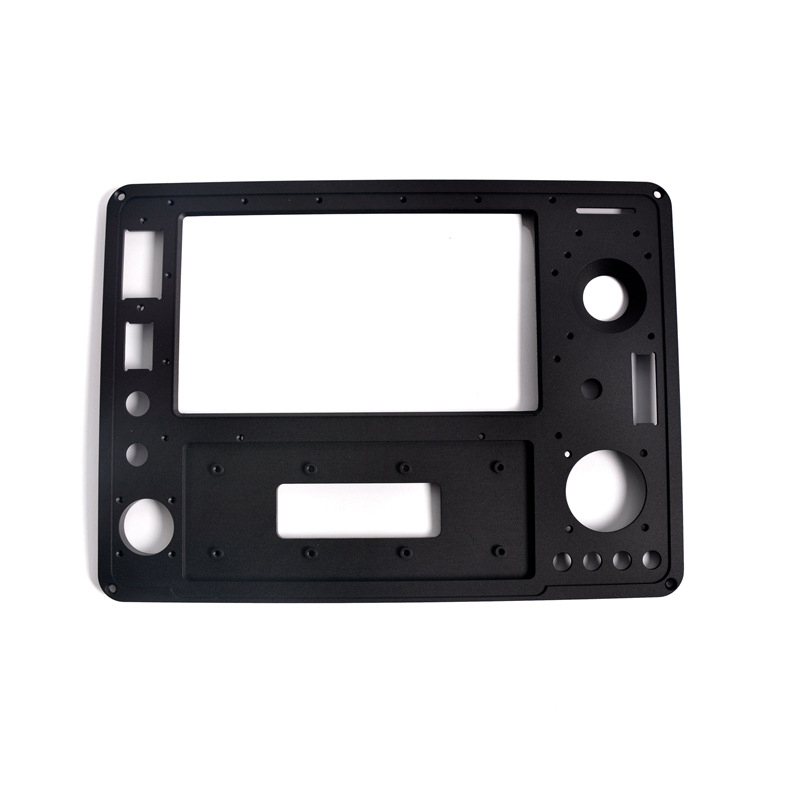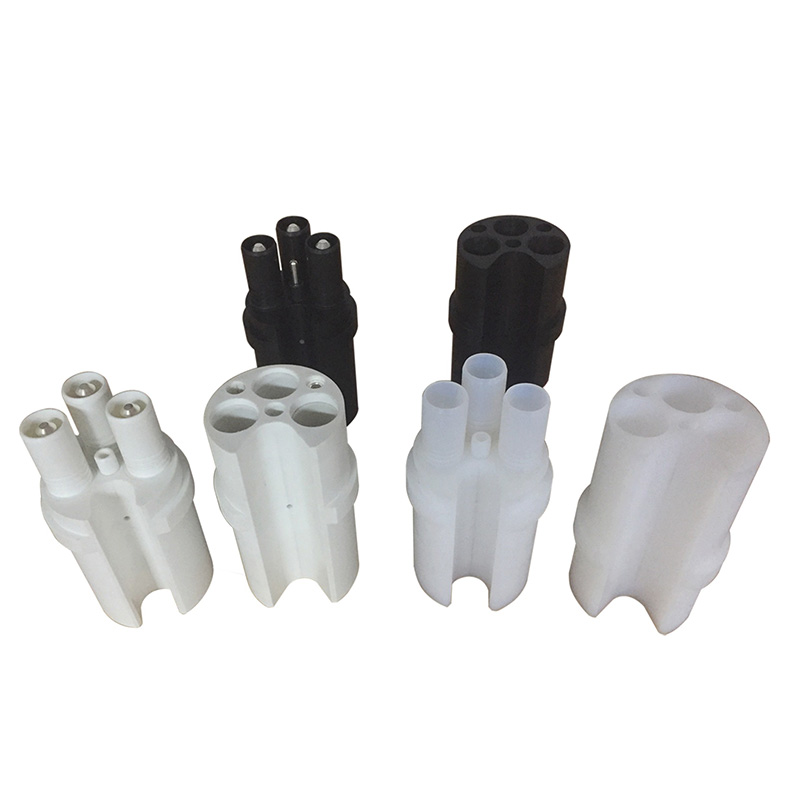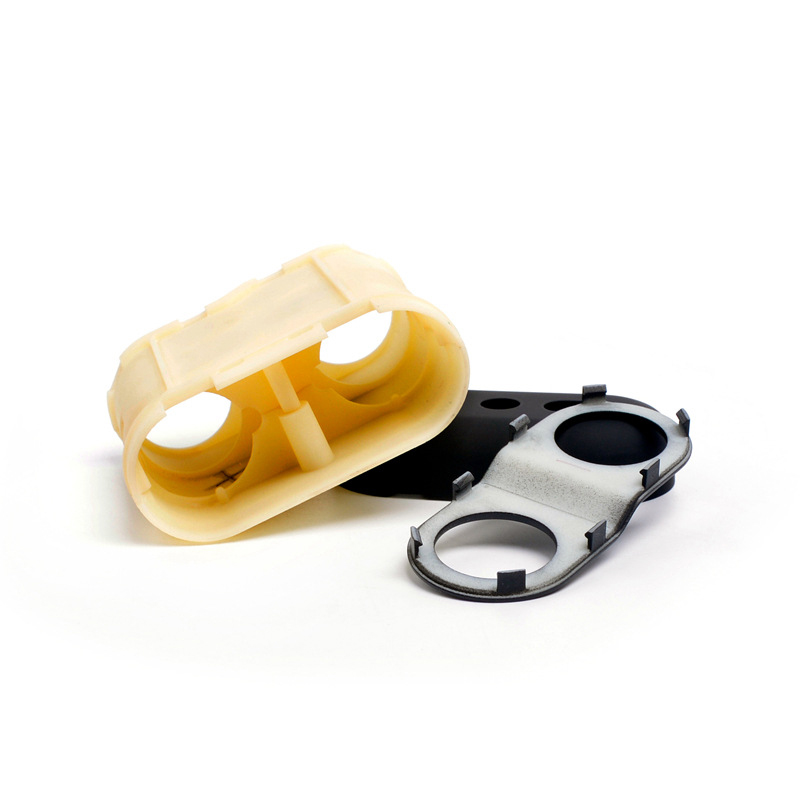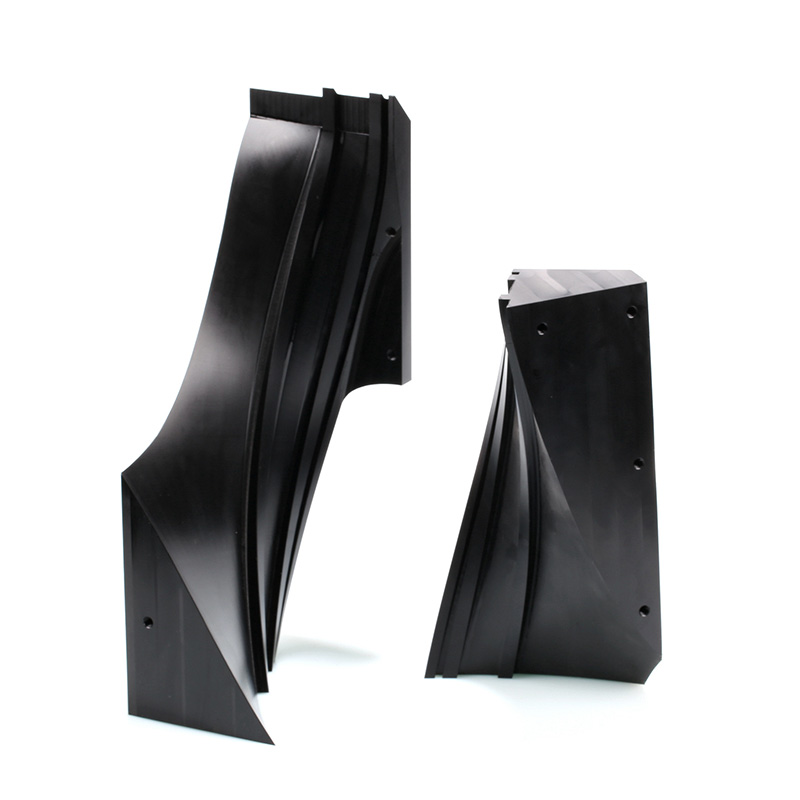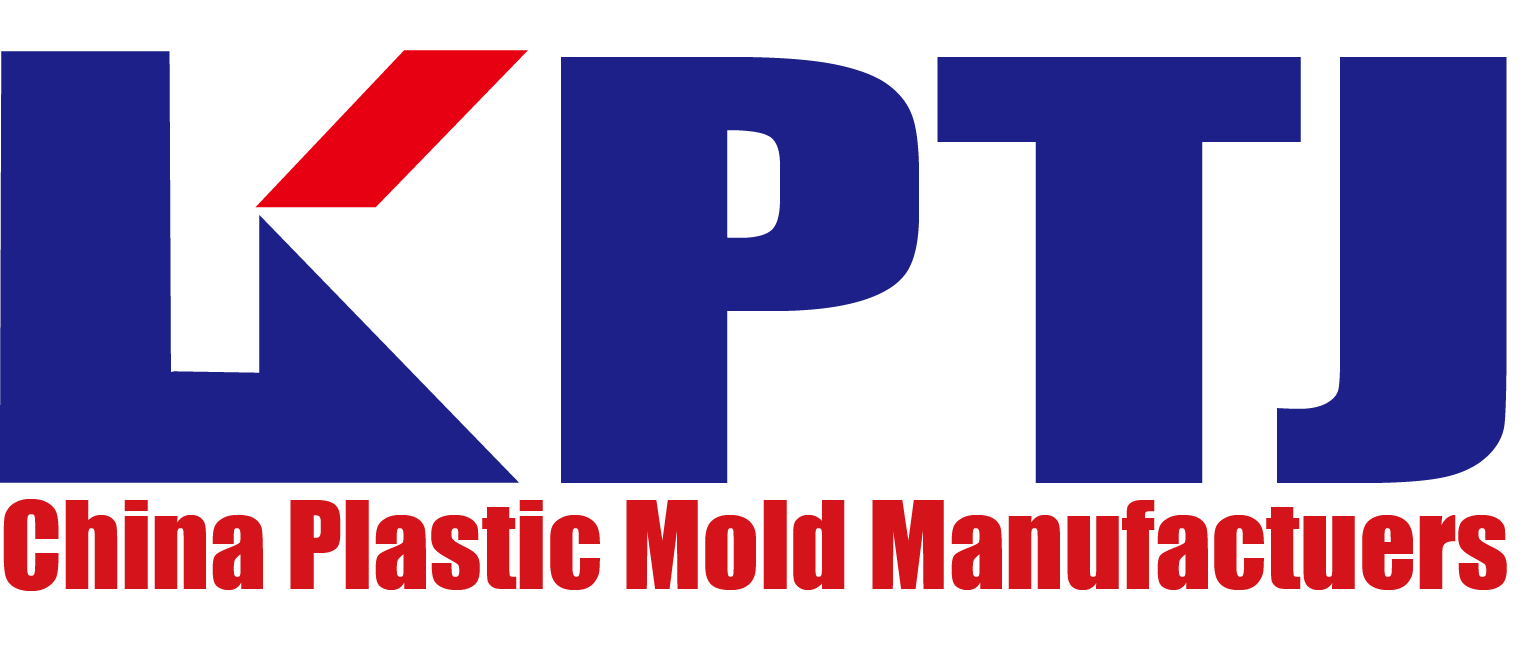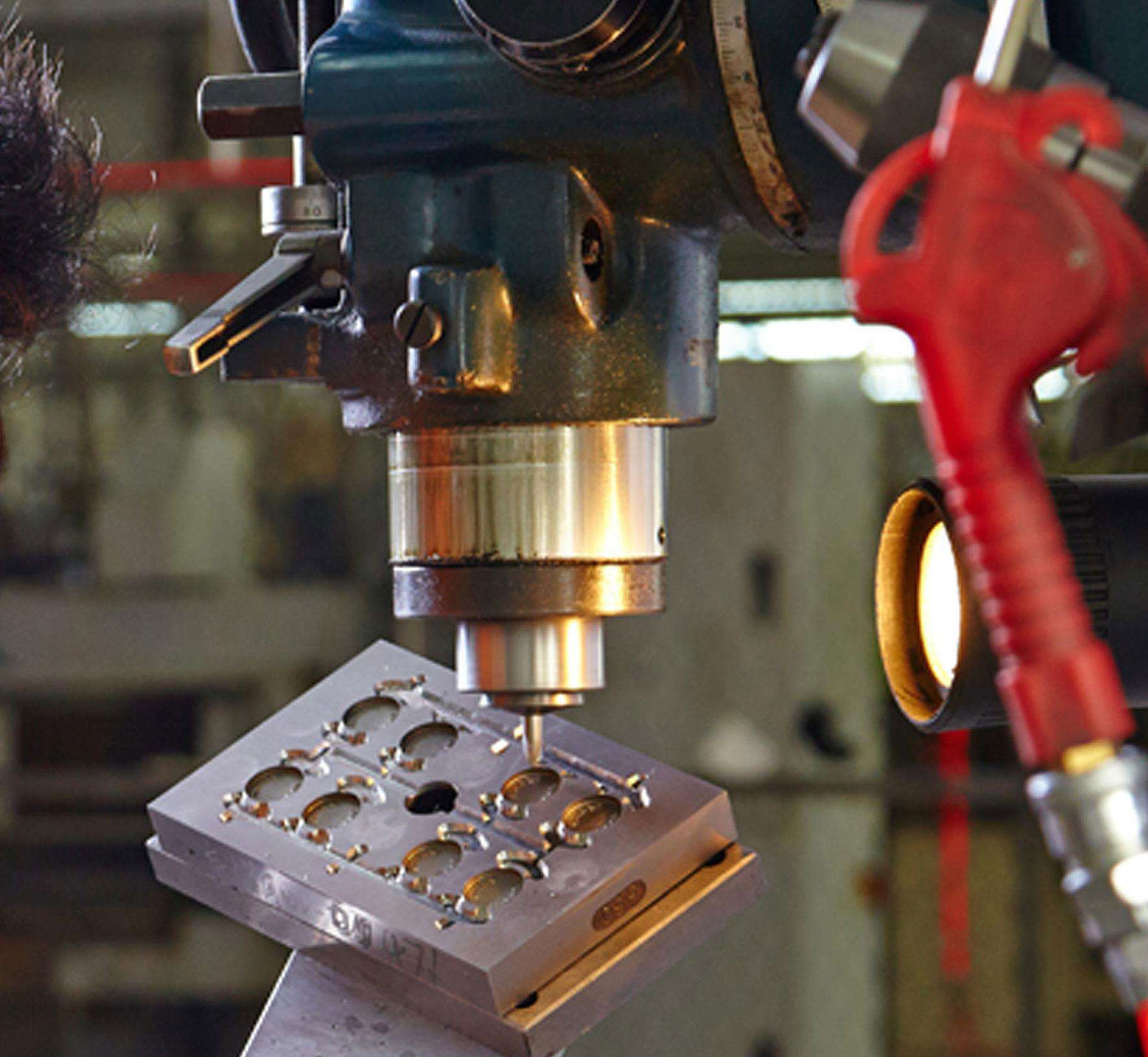Precautions during mold trial
What are the precautions during mold trial? 1. Whether the mold opening and closing is smooth and whether the ejection is smooth. 2.pay attention to the position of the gate of the mold and the way of feeding glue, the...


